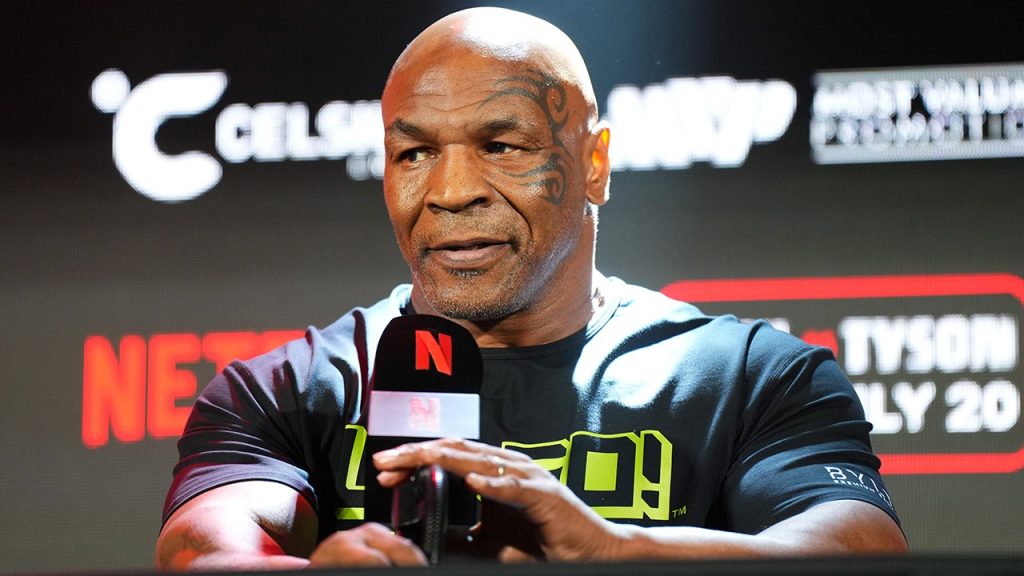This legal battle revolves around a broken promotional agreement between legendary boxer Mike Tyson, his company Tyrannic, and Medier, a promoter for the betting company Rabona. Medier filed a lawsuit in London’s High Court against Tyson and Tyrannic, seeking over $1.5 million in damages for what they claim was an unjust termination of their contract in March. The lawsuit alleges that Tyson’s stated reason for terminating the contract – Medier’s alleged breach of agreement – was a mere pretext. Medier contends the real reason behind Tyson’s abrupt termination was his commitment to a lucrative, Netflix-sponsored fight against influencer Jake Paul, a deal that directly conflicted with their existing agreement.
The core of Medier’s argument hinges on the timing of the termination and the subsequent announcement of the Tyson vs. Paul fight. They suggest that Tyson, having secured the high-profile, financially rewarding fight with Paul, saw the Medier agreement as an obstacle and chose to terminate it unlawfully. Medier claims that Tyson and Tyrannic used their alleged breach as a cover story to exit the promotional deal and pursue the more lucrative opportunity. The lawsuit portrays Tyson’s actions as a calculated business decision, prioritizing the Paul fight’s immense financial and promotional benefits over their existing contractual obligations.
Tyson’s legal team, however, presents a different narrative. They argue that Medier, not Tyson, was in breach of contract. They claim that Medier failed to obtain Tyson’s approval for promotional materials, a critical aspect of the agreement. This failure, they assert, justified Tyson’s decision to terminate the contract. This dispute highlights the importance of clear contractual terms and the potential for differing interpretations of those terms, ultimately leading to complex legal disputes. The case becomes a battle of contrasting narratives, each side presenting evidence and arguments to support their version of events.
Medier’s lawsuit seeks not only the return of over $800,000 in fees paid to Tyson for services they claim he never provided, but also an additional $729,000 to compensate for what they describe as “wasted production and promotion costs.” These costs likely represent investments made by Medier in anticipation of fulfilling the promotional agreement, investments that became unrecoverable once the contract was terminated. The total sum sought, exceeding $1.5 million, reflects the significant financial implications of the broken agreement for Medier.
The backdrop to this legal wrangling is the highly publicized Tyson vs. Paul fight itself, an event that generated considerable buzz and financial success. Although Tyson lost the fight, which was officially recorded on his professional boxing record, he reportedly received a staggering $20 million for his participation. The event attracted a massive audience, with over 72,000 fans in attendance at AT&T Stadium in Dallas and millions more streaming the fight on Netflix. In fact, the fight became the most streamed sporting event in history, boasting over 108 million viewers.
This context further complicates the legal dispute. The sheer magnitude of the Tyson vs. Paul fight, both in terms of financial returns and viewership, underscores the stakes involved in the promotional agreements surrounding the event. Medier’s lawsuit essentially argues that they were unfairly deprived of the opportunity to participate in, and benefit from, this historic event due to Tyson’s alleged breach of contract. The financial success of the fight inevitably intensifies the legal battle, as the potential damages and lost opportunities become even more significant. The case will likely involve a detailed examination of the contractual agreements, the timeline of events leading to the termination, and the motivations behind Tyson’s actions.










